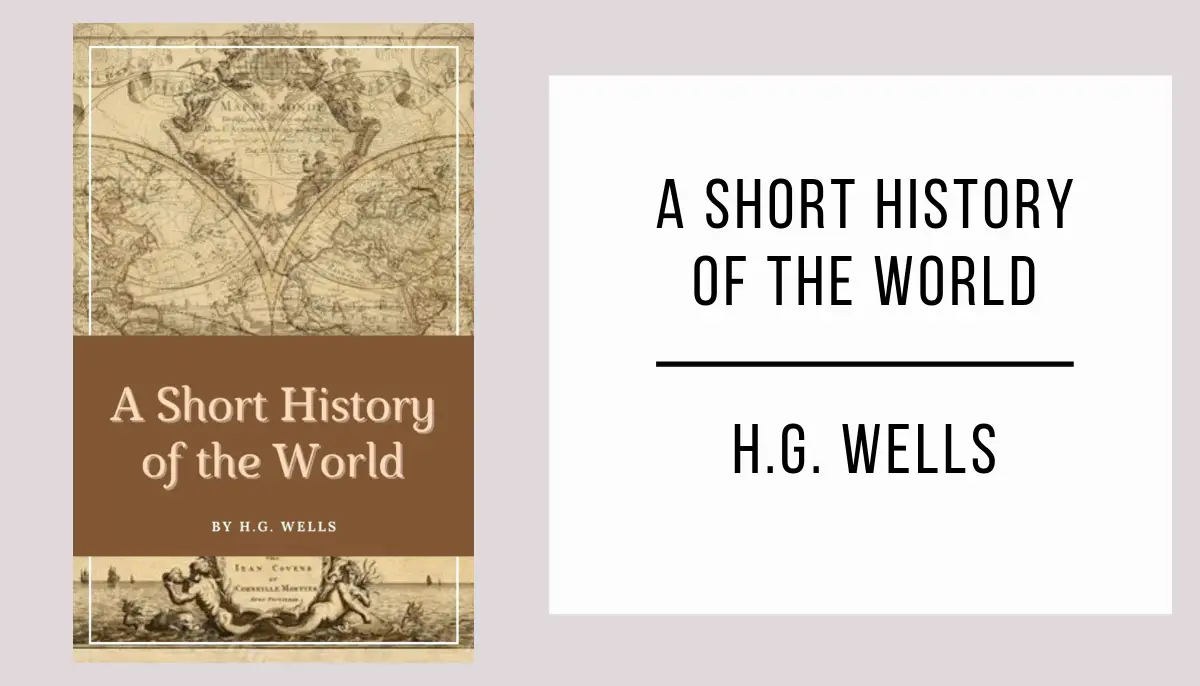“The Discovery of the Future” is a fascinating philosophical lecture by H. G. Wells that challenges our understanding of time and the possibility of knowing the future.
Download a free PDF copy of “The Discovery of the Future” now and embark on a unique intellectual journey that will challenge you to reflect on the destiny of humanity.
Immerse yourself in the depths of H. G. Wells’s visionary mind and discover how our actions in the present can influence the shaping of the future.
The Discovery of the Future in PDF
*Wait a few seconds for the document to load, the time may vary depending on your internet connection. If you prefer, you can download the file by clicking on the link below.
Loading fileInformation The Discovery of the Future
- Author: H.G. Wells.
- Publication Date: 1902.
- Main Characters:
- Not applicable (it’s a philosophical lecture).
- Brief Summary: “The Discovery of the Future” is a philosophical lecture delivered by H. G. Wells in 1902. In it, Wells argues about the possibility of knowing the future and analyzes two types of minds: one that focuses on the past and another that focuses on the future. He explores the idea that, through science and the study of phenomena, it is possible to obtain a generalized knowledge of the human future, although not at an individual level. He also reflects on the destiny of humanity and its coherence in the world.
- Thematic Analysis: The main theme addressed in “The Discovery of the Future” is the possibility of knowing and predicting the future. H. G. Wells examines the differences between a mindset oriented towards the past and one oriented towards the future, arguing that, through science and understanding phenomena, it is possible to obtain a general knowledge of the human future. Additionally, he reflects on the importance of collective forces in shaping the destiny of humanity.
- Historical Context: “The Discovery of the Future” was published in 1902, at a time when H. G. Wells was already recognized as a prominent writer and thinker. The lecture came after the success of his book “Anticipations” in 1901, which also explored futuristic and social themes. Wells was at the center of the literary and intellectual scene in London at that time, and his lecture contributed to his growing reputation as an influential author.





















